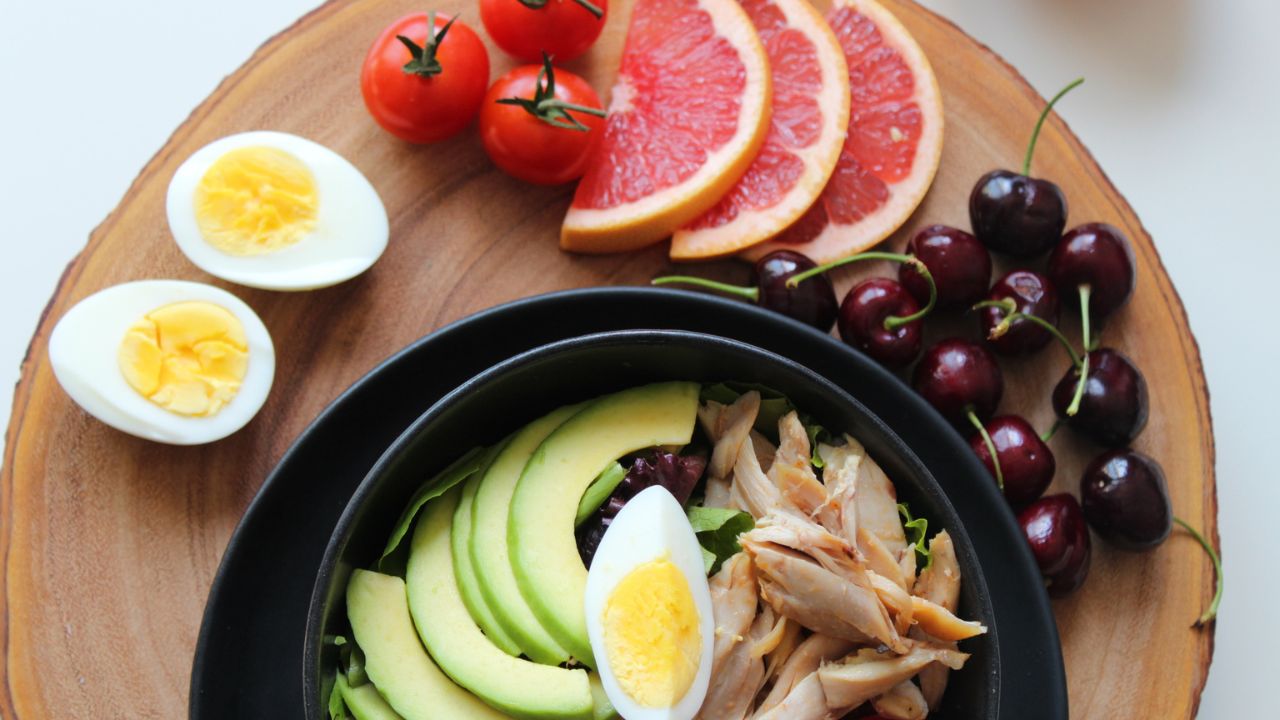
Understanding Inflammation and Its Impact on Health
Inflammation is a natural response of the body's immune system to protect against injury, infection, or disease. However, chronic inflammation can lead to various health issues, such as heart disease, diabetes, and certain types of cancer. Fortunately, making conscious choices about your diet can help reduce inflammation in the body and promote overall well-being.
The Power of an Anti-Inflammatory Diet
An anti-inflammatory diet focuses on consuming foods that have been shown to have anti-inflammatory properties while minimizing foods that can contribute to inflammation. By incorporating a variety of nutrient-dense, whole foods into your meals, you can provide your body with the tools it needs to combat inflammation and support optimal health.
Foods to Include in an Anti-Inflammatory Diet
1. Fruits and Vegetables: Colorful fruits and vegetables are rich in antioxidants, vitamins, and minerals that help fight inflammation. Some of the best options include leafy greens like spinach and kale, berries, cherries, oranges, and cruciferous vegetables like broccoli and cauliflower.
2. Whole Grains: Whole grains, such as brown rice, quinoa, and oats, are excellent sources of fiber and contain beneficial compounds that can help reduce inflammation.
3. Healthy Fats: Omega-3 fatty acids, found in fatty fish like salmon, sardines, and mackerel, have potent anti-inflammatory effects. Other healthy fats include avocados, nuts, seeds, and olive oil.
4. Legumes: Beans, lentils, and peas are rich in fiber, protein, and antioxidants, which can help combat inflammation in the body.
5. Herbs and Spices: Many herbs and spices, such as turmeric, ginger, garlic, and cinnamon, have anti-inflammatory properties and can add flavor to your meals.
Foods to Limit or Avoid
To further support an anti-inflammatory lifestyle, it's essential to minimize or avoid certain foods that can contribute to inflammation:
1. Processed and Refined Foods: Highly processed foods, such as packaged snacks, sugary beverages, and refined carbohydrates, can promote inflammation in the body.
2. Trans and Saturated Fats: Foods high in trans fats and saturated fats, like fried foods, processed meats, and high-fat dairy products, can increase inflammation.
3. Added Sugars: Excessive consumption of added sugars can contribute to inflammation and increase the risk of chronic diseases.
4. Alcohol: While moderate alcohol consumption may have some health benefits, excessive alcohol intake can lead to increased inflammation in the body.
Putting It All Together: Creating an Anti-Inflammatory Meal Plan
Incorporating anti-inflammatory foods into your diet doesn't have to be complicated. Start by focusing on whole, unprocessed foods and experimenting with new recipes that highlight inflammation-fighting ingredients. A sample anti-inflammatory meal plan might include:
- Breakfast: Overnight oats with berries and a sprinkle of cinnamon
- Lunch: Spinach salad with grilled salmon, avocado, and a lemon-olive oil dressing
- Snack: Carrot sticks and hummus
- Dinner: Quinoa stir-fry with a variety of colorful vegetables and tofu
Remember, consistency is key when it comes to adopting an anti-inflammatory diet. Making small, sustainable changes over time can lead to significant improvements in your overall health and well-being.
The Bottom Line
An anti-inflammatory diet is a powerful tool for promoting optimal health and reducing the risk of chronic diseases. By focusing on nutrient-dense, whole foods and minimizing processed and inflammatory ingredients, you can provide your body with the support it needs to thrive. Embrace the healing power of anti-inflammatory foods, and enjoy the benefits of a well-balanced, inflammation-fighting diet that nourishes your body from the inside out.
 Mobility trainingHome Fitness RecoverySports Injury PreventionPersonal Physical TherapyOrthopedic SolutionsPrivacy PolicyTerms And Conditions
Mobility trainingHome Fitness RecoverySports Injury PreventionPersonal Physical TherapyOrthopedic SolutionsPrivacy PolicyTerms And Conditions
